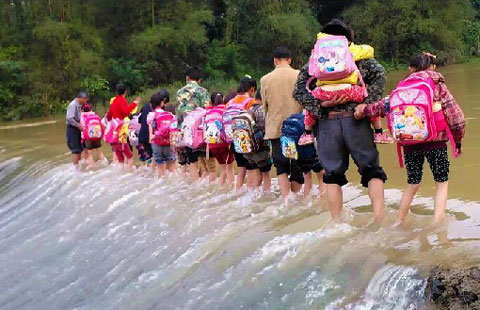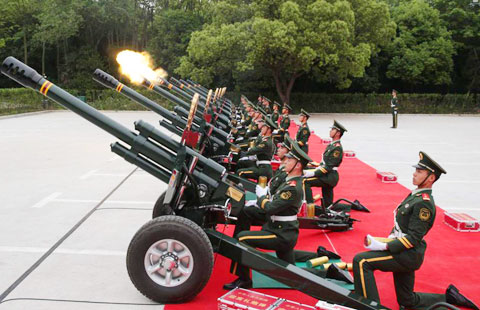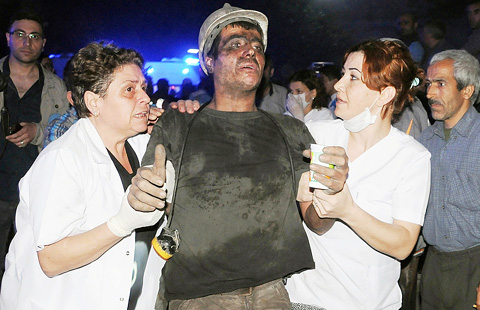Lawbreaking is never insignificant
By Wang Yiqing ( China Daily ) Updated: 2014-01-15 07:51:19The theory predicts that if minor misdemeanors aren't effectively contained in time, more people will commit them because it appears such transgressions will cost them nothing, and the more people who participate in illegal behavior, the less risk and responsibility there is for an individual, as a community of violators forms. So if the first person who rushes to seize the scattered fruits isn't effectively checked, more and more people will rush to follow suit. As Gustave Le Bon outlined in The Crowd: A Study of the Popular Mind, individuals are more likely to engage in extreme behavior when part of a group. When "others all do so" easily becomes the justification for "I do so".
People who take advantage of such situations know very well that what they have seized belongs to others. Actually most of them may have calculated the risk and cost of being caught, however subconsciously. Whether they give in to the temptation to take what isn't theirs depends on whether the profit overweighs the risk. Thus wrongful behavior if it won't be punished is permissible in their minds.
And in a chaotic situation it is difficult to catch up with an individual offender, which means the risk of being caught is greatly reduced, and even if people are caught the punishment for their behavior is likely to be diluted because they are not the only ones involved. These people know well the old Chinese saying, "The law fails to punish numerous offenders."`
The country's fast development means that for many people money-oriented value now outweighs ethical values, and the rapid urbanization has led to a "stranger" society instead of acquaintance communities. Because of people's greater anonymity, the social cost of committing minor offenses has been reduced or removed, which has resulted in more people being willing to commit misdemeanors.
Looting is not just a symptom of a morally sick society, it also violates the private property rights of others, and protecting private property is a legal rather than moral issue. Laws are the compulsory bottom line for a society, while morals are a non-mandatory self-requirement. Punishment according to the law is the most effective way to deal with and curb looting.
According to Article 49 of Law on Penalties for Administration of Public Security, people that loot private property should be detained and fined according to their behaviors. On Jan 11, public security bureau in Yuzhong county, Gansu province detained and fined four people who took the lead in grabbing oranges that had scattered from an overturned truck and the police authorities also printed 1,000 leaflets explaining the law to the villagers. In this way, the police authorities have sought to repair the "broken window".
People taking part in looting only care about the petty profits they gain, they don't for a second spare a thought for drivers and owners of the goods they are taking. Underneath the looting there's a widespread indifference toward others in society.
Every kid knows the Chinese saying, "do not do evil things though they may be insignificant", if people are willing to break, what they perceive as minor laws, they should receive due punishment.
The author is a writer with China Daily.
wangyiqing@chinadaily.com.cn
|
|
|
|
|
|
|
|

















 Op Rana
Op Rana Berlin Fang
Berlin Fang Zhu Yuan
Zhu Yuan Huang Xiangyang
Huang Xiangyang Chen Weihua
Chen Weihua Liu Shinan
Liu Shinan